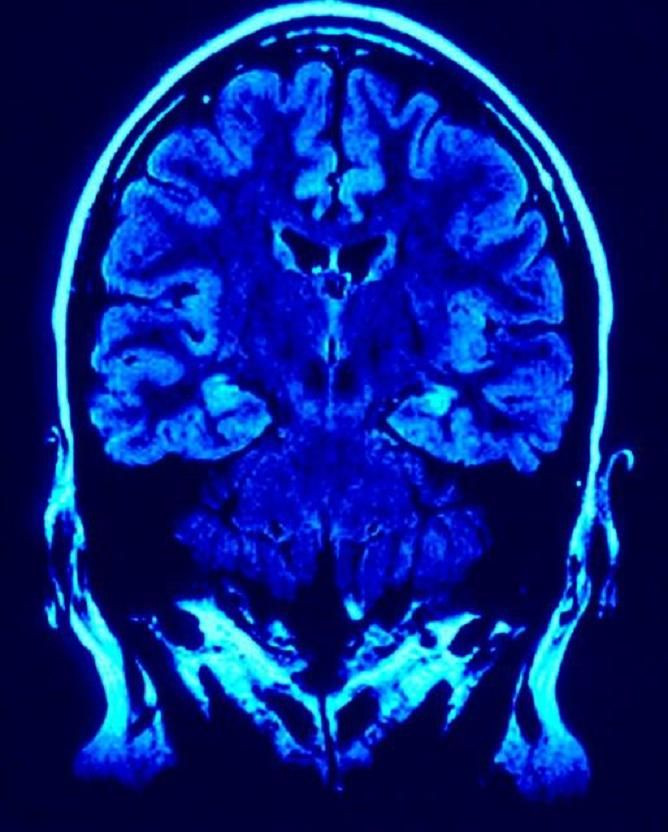Popular Antidepressant Prozac May Create New Brain Cells

A new study has linked the antidepressant Prozac to the development of new nerve cells in the adult brain.
The study, published in the journal Neuropsychopharmacology Jan. 4, found that fluoxetine (commonly referred to as Prozac, Sarafem, or Fontex), a popular antidepressant drug prescribed to patients who experience depression or panic attacks, may also trigger the production of new brain cells in the brain's gray matter.
Scientists have previously found that the presence of progeny nerve cells on the surface of the adult cortex and that ischemia or a lack of blood supply enhances the generation of new inhibitory neurons from these neural progenitor cells or "Layer 1 Inhibitory Neuron Progenitor cells" (L1-INP), according to Psych Central.
In the past researchers did not know whether L1-INP-related neurogenesis or the production of such brain cells could be triggered in the normal adult cortex (grey matter).
Researchers Tsuyoshi Miyakawa, Koji Ohira, and their team used fluoxetine, one of the most commonly prescribed anti-depressants, to successfully stimulate the production of new neurons from L1-INP cells in the cortex of adult mice.
Miyakawa and Ohira found that a large percentage of these newly generated brain cells were inhibitory GABAergic interneurons, and their production coincided with a reduction in cell death following ischemia.
Researchers say that the latest findings suggest that popular antidepressant fluoxetine has a neuroprotective response. They say that the ability of the drug to trigger the creation of new nerve cells in the brain suggests that fluoxetine can be used as an alternative prevention or treatment method for neurodegenerative diseases and psychiatric disorders.



























